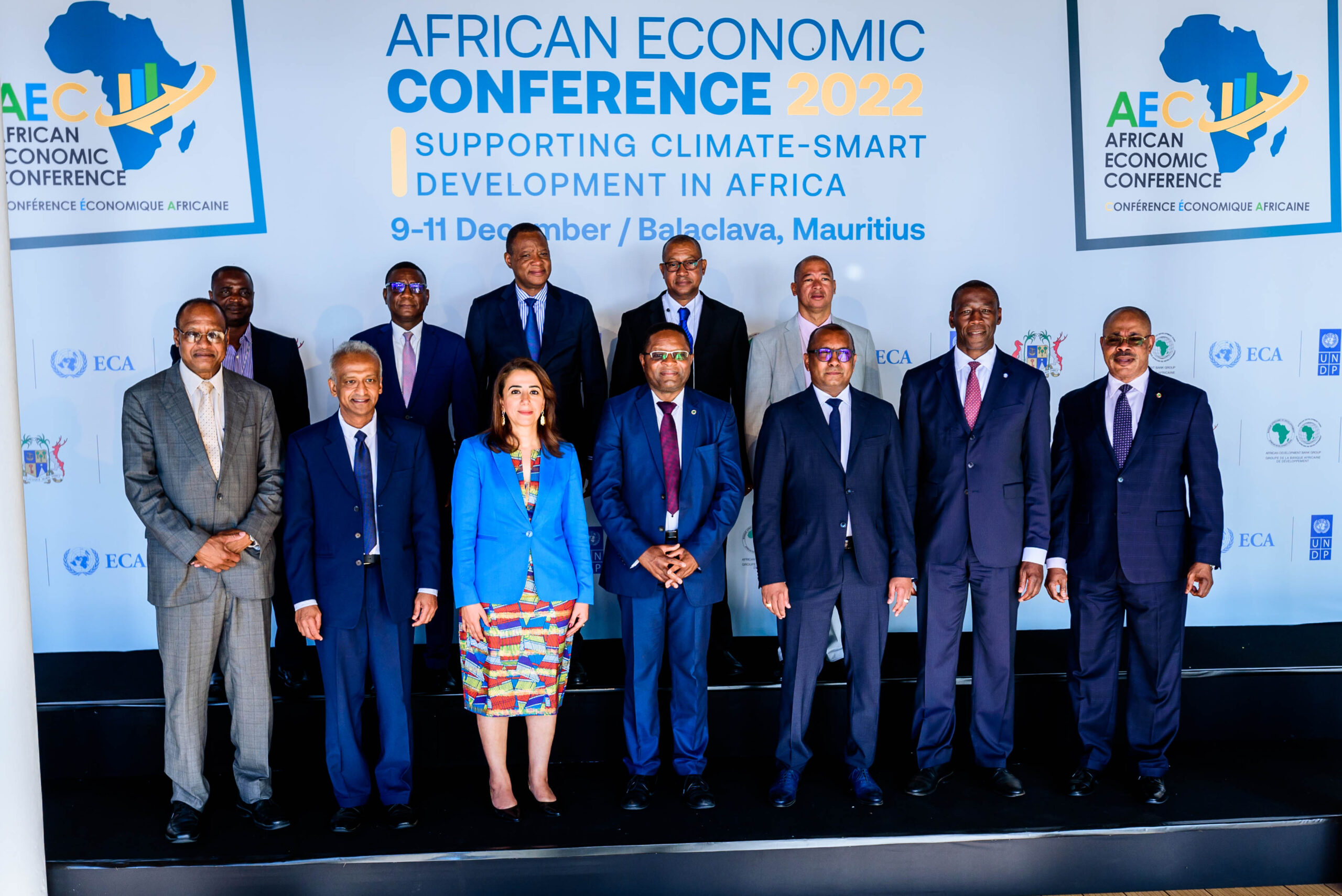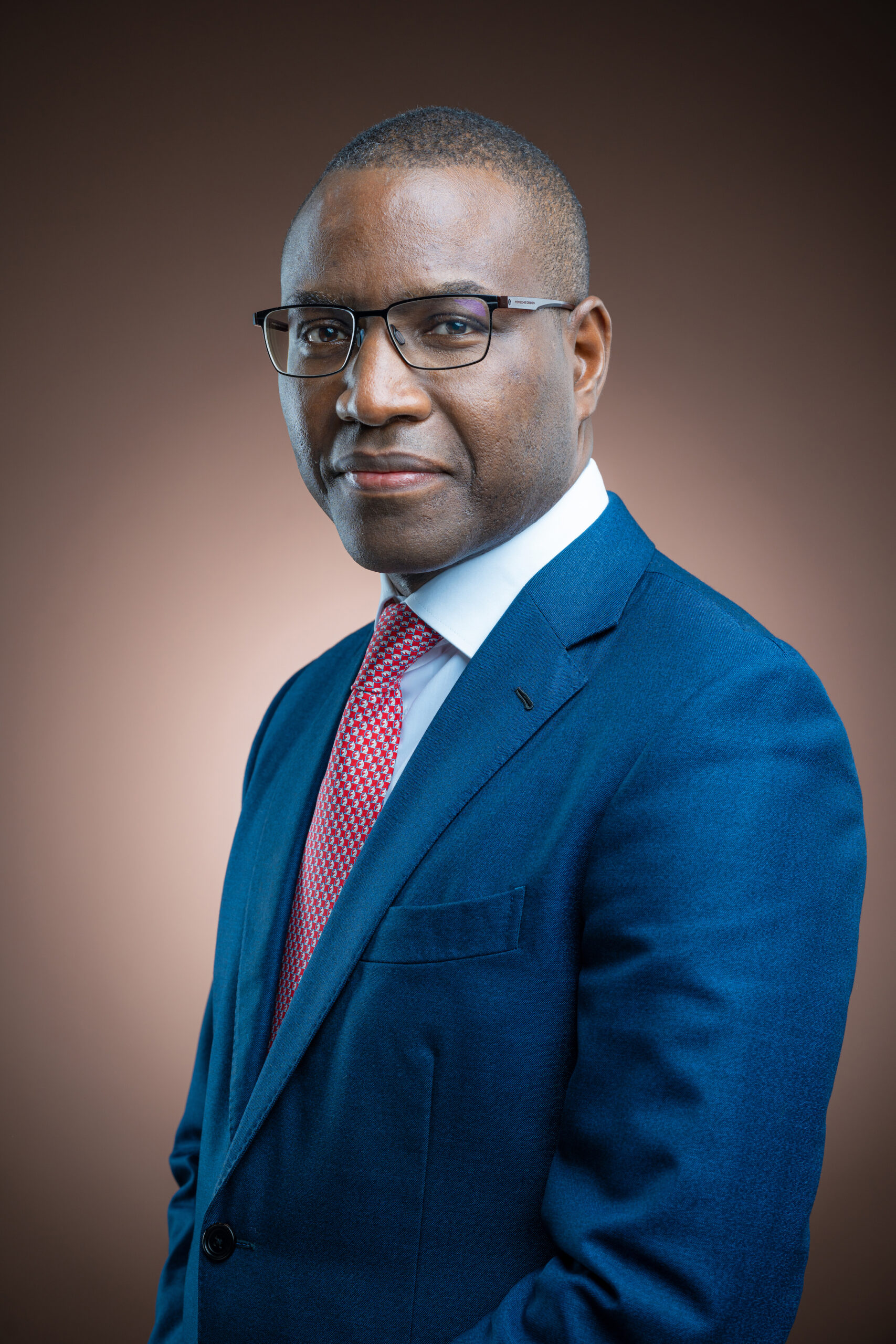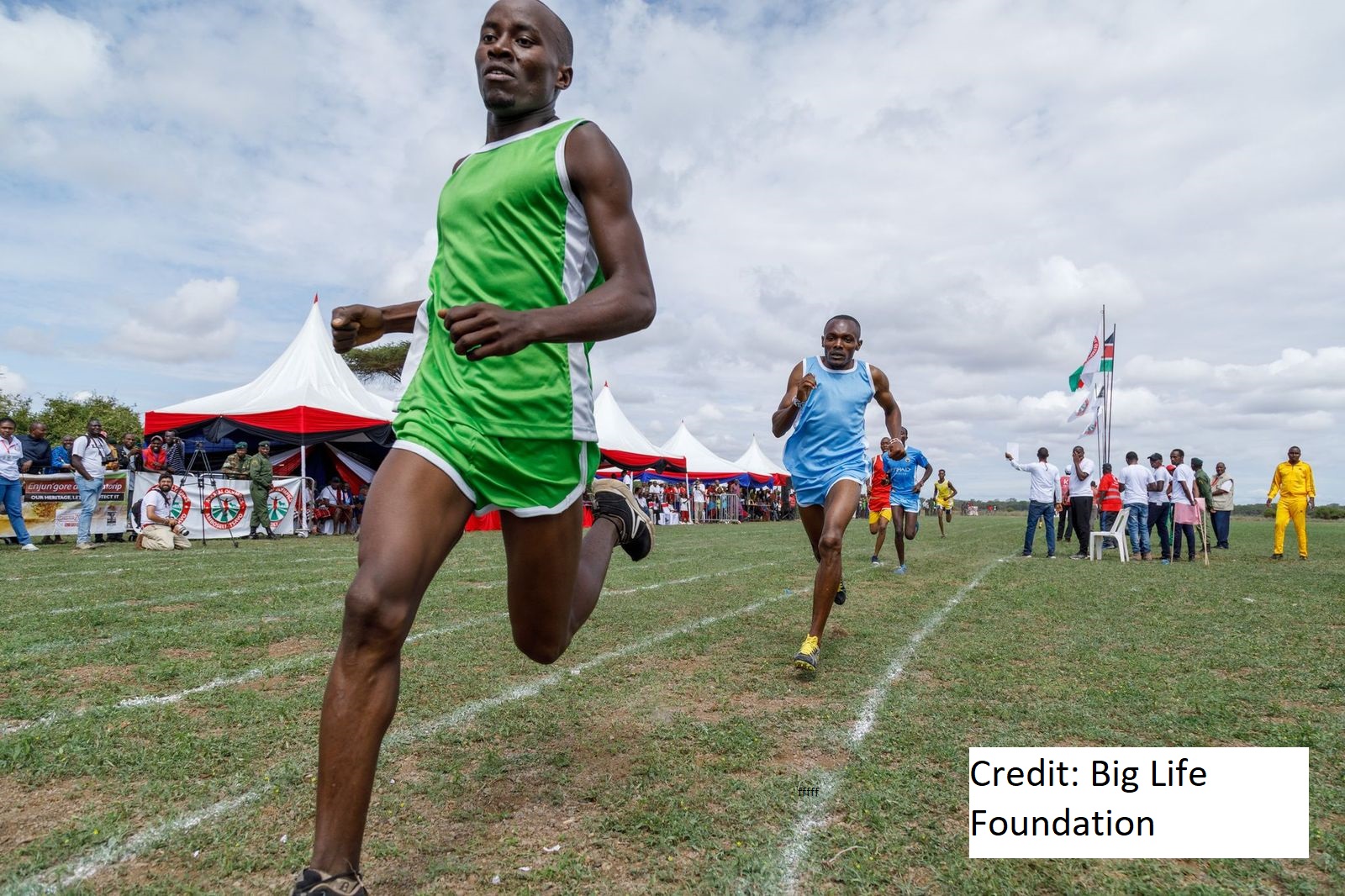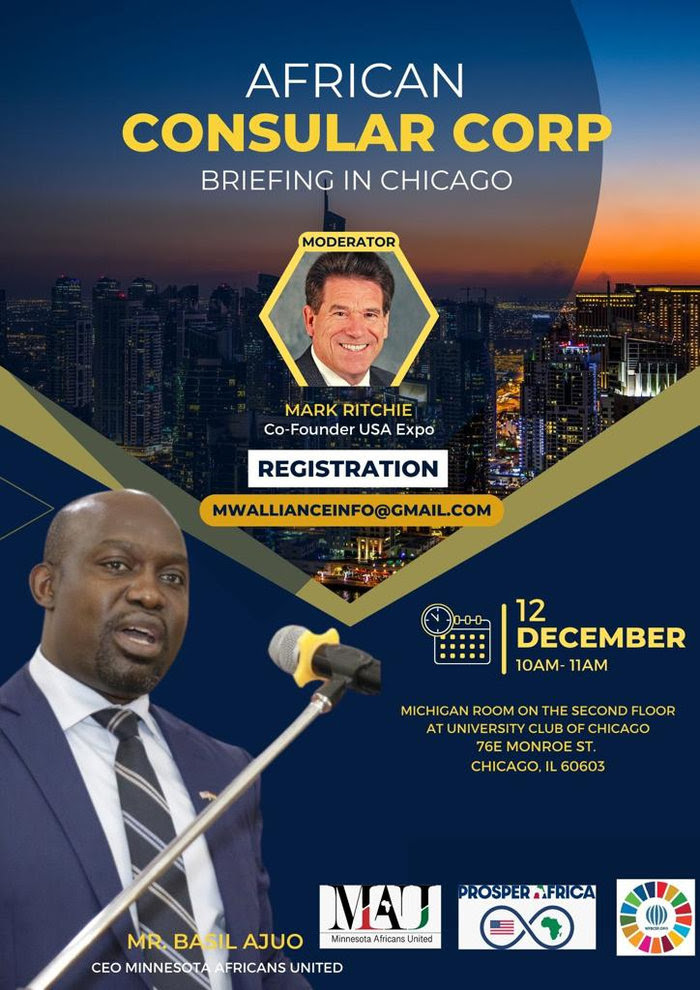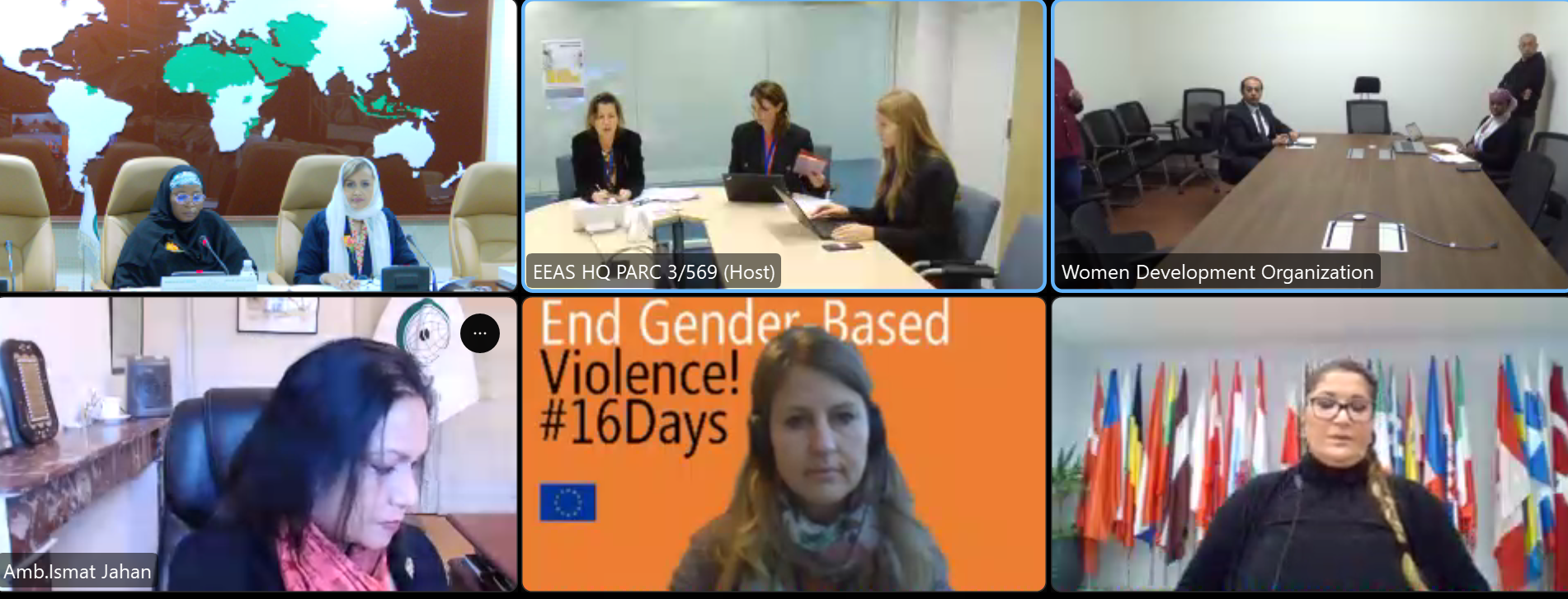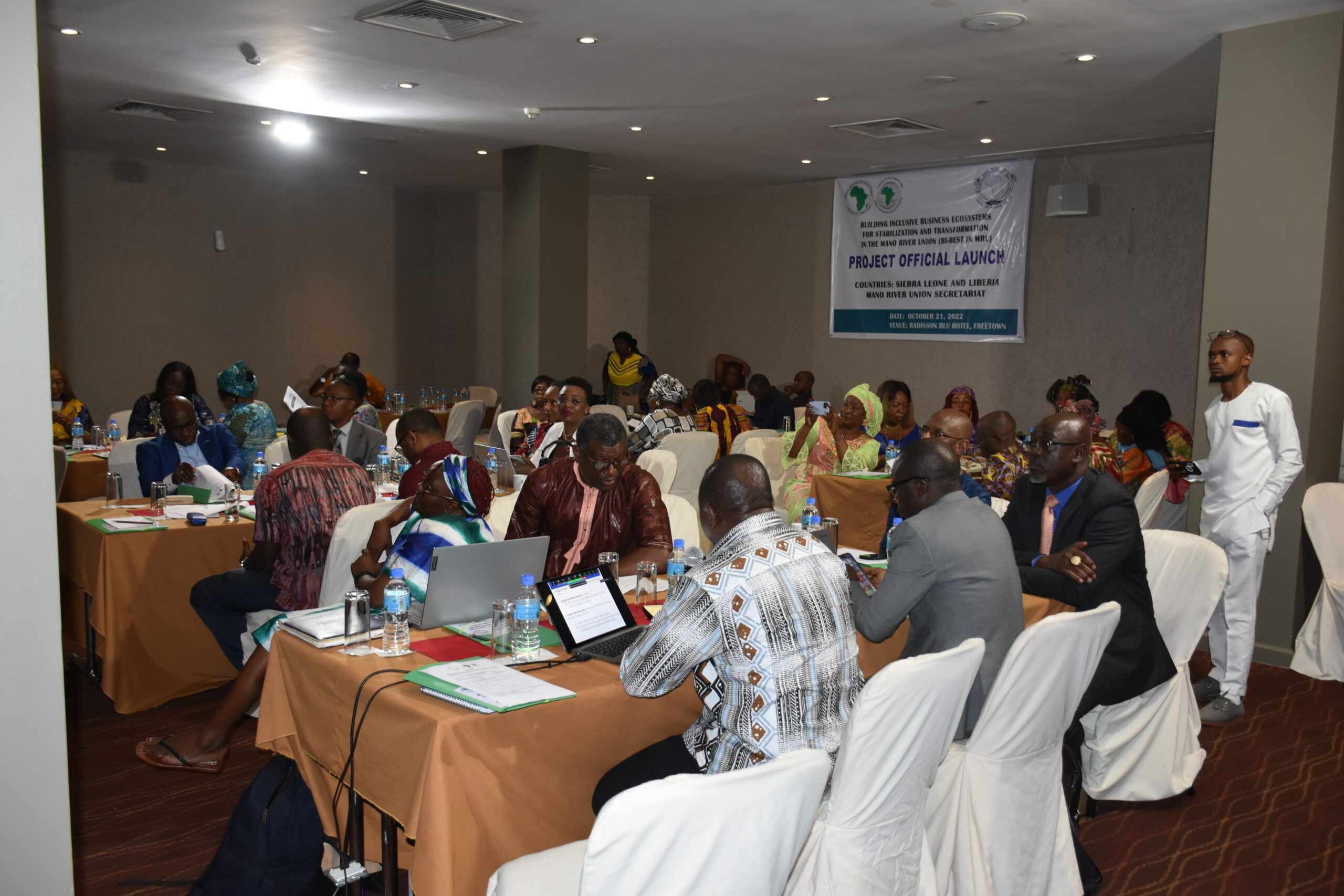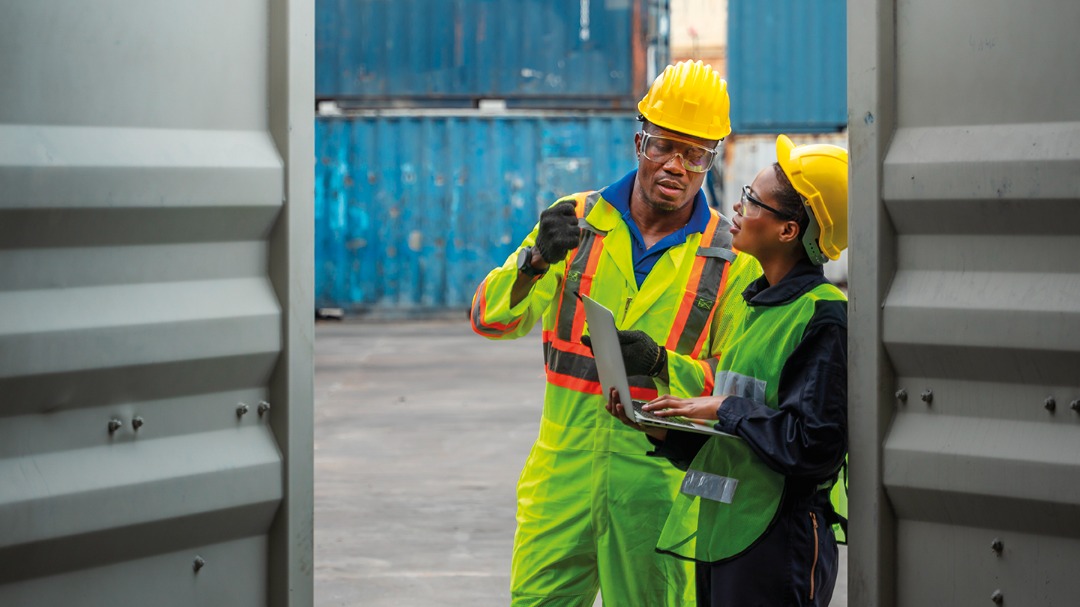MAU intensity’s Campaign as U.S.-Africa Leaders’ Summit hold
Mohammed Abu
The Minnesota Africans United (AU) delegation representing Diaspora Community groups from all 54 nations of Africa is in Washington for the entire week of activities related to the on-going U.S.-Africa Leaders’ Summit.
The move is intended to garner support for Minnesota as the host city for the World Expo 2027 event. The targeted audience are, African Heads of State, Foreign Ministers, Cabinet Members and other officials from the 49 African nations taking part in President Biden’s U.S. Africa Leaders’ Summit.
As of mid-week, meetings had taken place with leaders from Kenya, Democratic Republic of Congo, Cameroon, Liberia, Somalia, Ivory Coast, Ghana, Togo, Zambia, Guinea, Uganda, Sierra Leone, Rwanda, Malawi, Mali, and the United Arab Emirates.
These were contained in a Press Release issued by MAU in Minneapolis on Thursday.
MAU leaders and supporters, the release further said, are bringing a powerful message of support for Expo 2027 to national leaders from every region in Africa,
“We are working towards an Africa-wide consensus of support for Minnesota’s bid to host an international exposition under the theme of “Healthy People, Healthy Planet.
“We are making the case that by supporting Minnesota’s bid they can help create a powerful engine for advancing two-way trade and investment that can benefit both the Diaspora living in Minnesota and the people living on the continent of Africa.” Intimated Basil Ajuo, MAU’s President & Chief Executive Officer,
“Until now, we have primarily been meeting with senior African government officials in their embassies in Paris, in New York, and in national capitals. Having nearly all the Heads of State or their designated representative in Washington all at the same time has been an incredible opportunity to make the case for Expo 2027.
“We have built up a great deal of support for our bid and now we’re concentrating on turning that strong support into a continent-wide consensus for everyone to support Minnesota ’Ajuo disclosed adding, ‘This week, coming on the heels of a very successful lobbying blitz of African Ambassadors in Paris last month, gives the Minnesota’s bid the boost needed to propel us in the final six-months of this exciting campaign.”
Minnesota Africans United
Minnesota Africans United (MAU) is a coalition and statewide organization for all African immigrants’ communities in Minnesota. MAU supports Minnesota’s African Immigrant community with representation from 55 African countries. We act as a connection for the network of African immigrants in Minnesota, and for local African immigrant community organizations, and small businesses.
Website https://www.mnafricansunited.org/
Facebook https://www.facebook.com/MNAfricansUnited/
Twitter https://twitter.com/MNAfricans
Instagram https://www.instagram.com/mnafricansunited/
